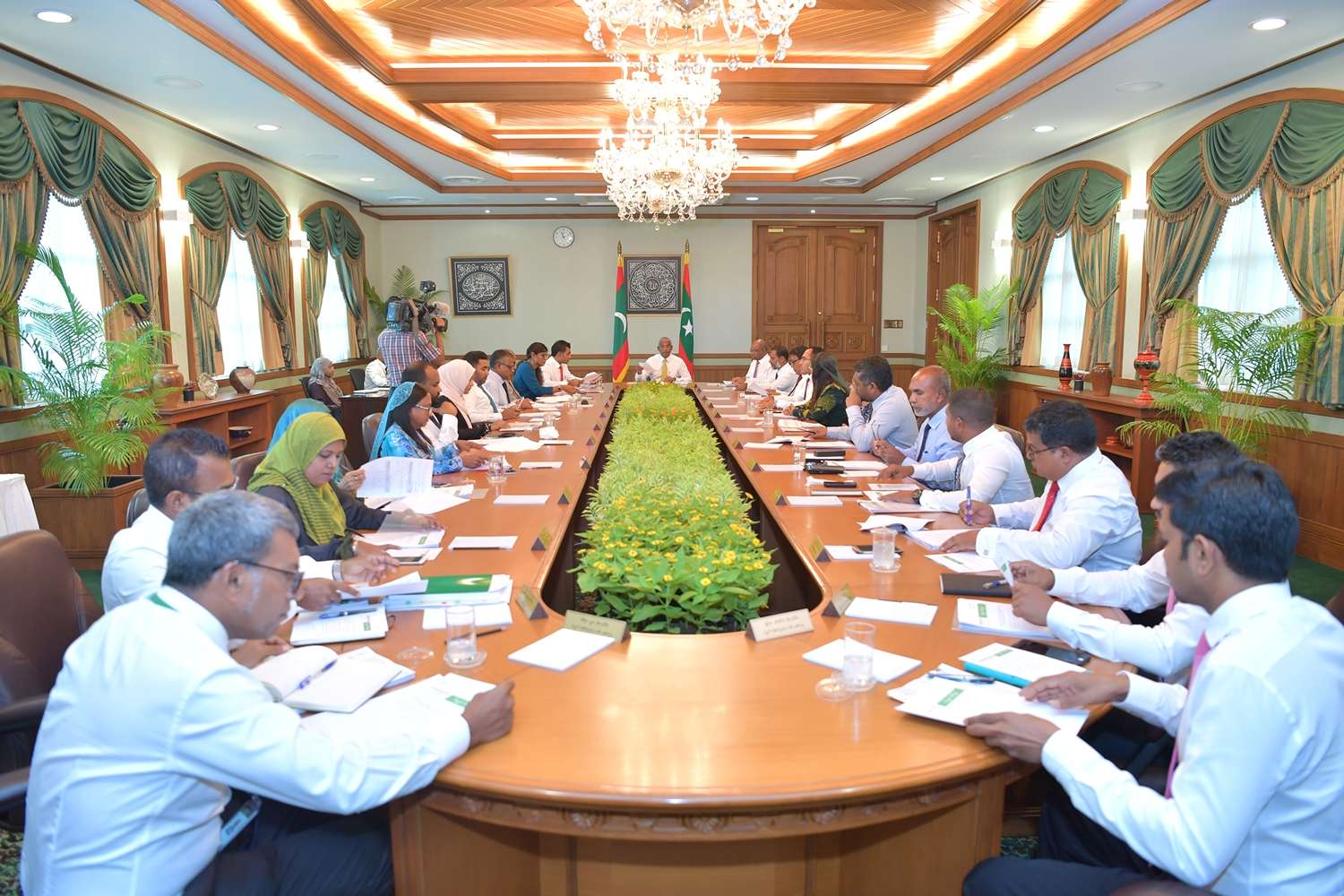Transparency Maldives makes recommendations for asset disclosure
The anti-corruption NGO made recommendations as “prerequisites to establishing a robust asset declaration regime.”

15 Jan 2019, 09:00
Anti-corruption NGO Transparency Maldives has called on the government to strengthen its asset declaration process after the unprecedented disclosure of the president and cabinet’s personal finances.
Disclosing the assets of all political appointees and their spouses within the first week after Solih took office was a missed target of an ambitious 100-day action plan.
In a statement Sunday, the local chapter of Transparency International welcomed the asset disclosure as “an important first step in addressing grand corruption within the state.”
Become a member
Get full access to our archive and personalise your experience.
Already a member?
Discussion
No comments yet. Be the first to share your thoughts!
No comments yet. Be the first to join the conversation!
Join the Conversation
Sign in to share your thoughts under an alias and take part in the discussion. Independent journalism thrives on open, respectful debate — your voice matters.




